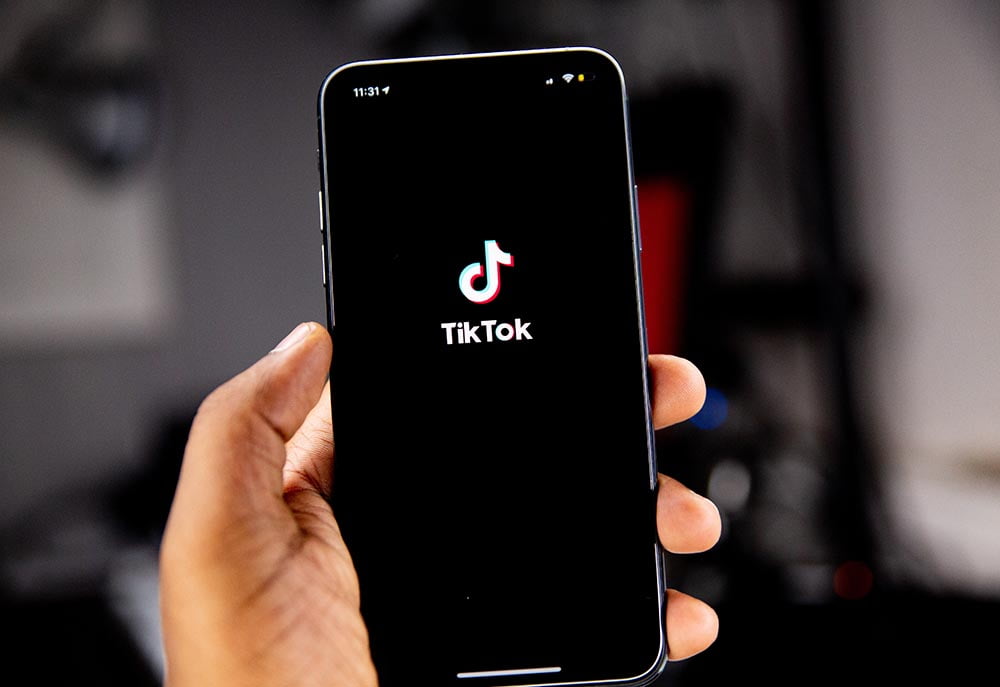Although torrenting has grown in popularity as an online file sharing method, there are security and privacy risks. What is a torrenting VPN? VPNs are useful in this circumstance. With a VPN, you can torrent anonymously since it conceals your IP address and encrypts your internet activity, shielding you from prying eyes and malicious websites. But not all VPNs are created equal, especially when it comes to torrenting.

Table of Contents
Choosing a Reliable and Safe VPN Provider
Selecting a VPN service provider is essential to guaranteeing a seamless torrenting experience. Take the following into account while choosing a VPN:
Torrenting Policy: Make sure P2P file sharing is expressly permitted by the VPN. Since not all VPNs allow torrenting, you should start with this filter.
Performance and Speed: Select a VPN provider with a reputation for fast connections. To prevent lengthy download times, torrenting needs steady, quick internet connections.
Choose a VPN that has a strict no-logs policy if you value privacy and logs. This stops anything from being recorded or traced about your internet actions, including torrenting.
Strong encryption standards and security features like a kill switch, which protects your data in the event that the VPN connection is lost, are things to look for.
Server Locations: Having a large number of server locations gives you additional options for connecting to the most optimally positioned servers, which accelerates downloads and improves access.
User Interface and Device Compatibility: Verify that the VPN has an easy-to-use interface and is compatible with your devices.
Dependable Customer Support: Resolving any problems that may occur requires competent customer support.
These standards are essential for selecting a VPN service that protects your online privacy and security while simultaneously meeting your torrenting requirements.
Using Dedicated P2P Servers for VPN for torrenting
One essential component in guaranteeing quick and safe downloads is using specialized P2P servers for torrenting. These dedicated servers offer higher speeds and more dependability because they are designed for peer-to-peer sharing. Using a VPN with P2P servers specifically designed to handle torrents reduces the chance of connection failures and increases the security of your torrenting activities. Furthermore, these servers are frequently set up to manage bandwidth-intensive tasks like torrenting, making the experience more seamless. You’re making a significant progress toward safer and more efficient torrenting by choosing a VPN service that has dedicated P2P servers.
Utilizing Obfuscated Servers to Bypass ISP Blocking
Obfuscated servers are a useful method of circumventing ISP filtering while using a VPN, particularly in places with stringent internet regulations. These servers assist in avoiding ISP detection by masking VPN traffic as regular internet traffic. Since some ISPs may slow or block P2P communication, this is especially useful for torrenting. By using obfuscated servers, you can guarantee continuous torrent downloads, keeping your connection steady and unobstructed. This feature is quite helpful for people who need more privacy and unrestricted access.
Disabling IPv6 for Compatible VPN Connections
Disabling IPv6 in your VPN settings can be crucial for compatible connections, especially when torrenting. IPv6, the latest internet protocol, is not always supported by VPNs. This can lead to IP leaks where your real IP address might become visible, compromising your anonymity. By disabling IPv6, you ensure that only the more secure IPv4 is used, which is fully supported by most VPNs. This step helps protect your VPN connection, which means that your torrenting activity stays safe and private.
Enabling VPN Kill Switch for Security
Enabling the VPN kill switch option is critical for keeping your torrenting security. This feature guarantees that if your VPN connection fails suddenly, your internet access is immediately terminated. This keeps your IP address and other critical information private. The kill switch is vital for safety since it protects your privacy and security, which is especially crucial while using your VPN for torrenting. This function serves as a safety net, ensuring that your online actions remain secret even if your connection fails.
Disabling Firewall to Allow Torrent Connections
It may occasionally be necessary to disable your computer’s firewall in order to permit connections for torrents. Downloads may be hampered by firewalls blocking connection between torrent clients. But disabling the firewall leaves you more open to online attacks. It’s critical to balance the advantages and risks. To preserve some degree of protection, make sure your VPN is running even if you decide to disable it. Recall that this is only a short-term solution. Re-enabling your firewall will provide complete protection after torrenting. Always take into account safer options, such as modifying firewall settings to permit certain communications from torrent clients.
Trying Different Torrent Files or Magnet Links
Try utilizing alternative torrent files or magnet links if you’re having trouble getting torrents to download. Sometimes, the torrent file itself may be the issue rather than your VPN or connection. It’s possible for certain torrent files to be out-of-date, have inaccurate labels, or have insufficient seeders. You can ascertain whether the problem lies with your setup or the particular file by experimenting with different files or magnet links for the same content. This phase in the torrenting process is a straightforward yet efficient debugging technique.
Adjusting Download and Upload Restrictions in Torrent Client
Your torrenting effectiveness can be greatly increased by modifying the upload and download limitations in your torrent client. Many torrent applications have default restrictions that might not be suitable for your VPN or internet speed. You can improve torrent performance by adjusting these options. While changing the upload limit can make sure you’re sharing data at a pace that doesn’t interfere with your personal internet consumption, increasing the download limit can expedite your downloads. The torrenting community must strike a balance between speedy downloads and preserving a healthy share ratio.
Changing Ports in Torrent Client Settings
Occasionally, connectivity problems can be fixed by changing the ports in your torrent client settings. Slow or unsuccessful downloads may result from some ISPs’ throttling or blocking of common torrent ports. You may be able to get around these limitations and enhance your torrenting experience by changing to a different port. To prevent conflicts, it’s crucial to select a port that isn’t frequently utilized by other services. This tweak is a quick and easy method to improve your torrenting experience, especially when used in conjunction with a trustworthy VPN provider.
Temporarily Disabling Antivirus for Torrent Access
Sometimes torrent access might be facilitated by temporarily turning off your antivirus software, particularly if it is preventing your torrent client or certain downloads. Since antivirus programs are meant to alert users to and stop potentially dangerous downloads, it is possible for them to wrongly classify a lawful torrent file as dangerous. But with this strategy, it’s crucial to proceed with caution. Make sure the torrents you download come from reliable sources, and when your antivirus is turned off, always keep your VPN open. Remember to reactivate your antivirus software after your download is finished in order to safeguard your computer from real dangers.
Conclusion
Using a VPN when torrenting can significantly improve your security and privacy, but there are a number of things to take into account. A more efficient and safe torrenting experience can be achieved by taking several steps, such as choosing a VPN with specialized P2P servers and obfuscation capabilities, modifying client settings, and even temporarily turning off specific security measures. To reap the rewards of torrenting without sacrificing security, keep in mind that the secret is to strike a balance between speed, accessibility, and protection.



